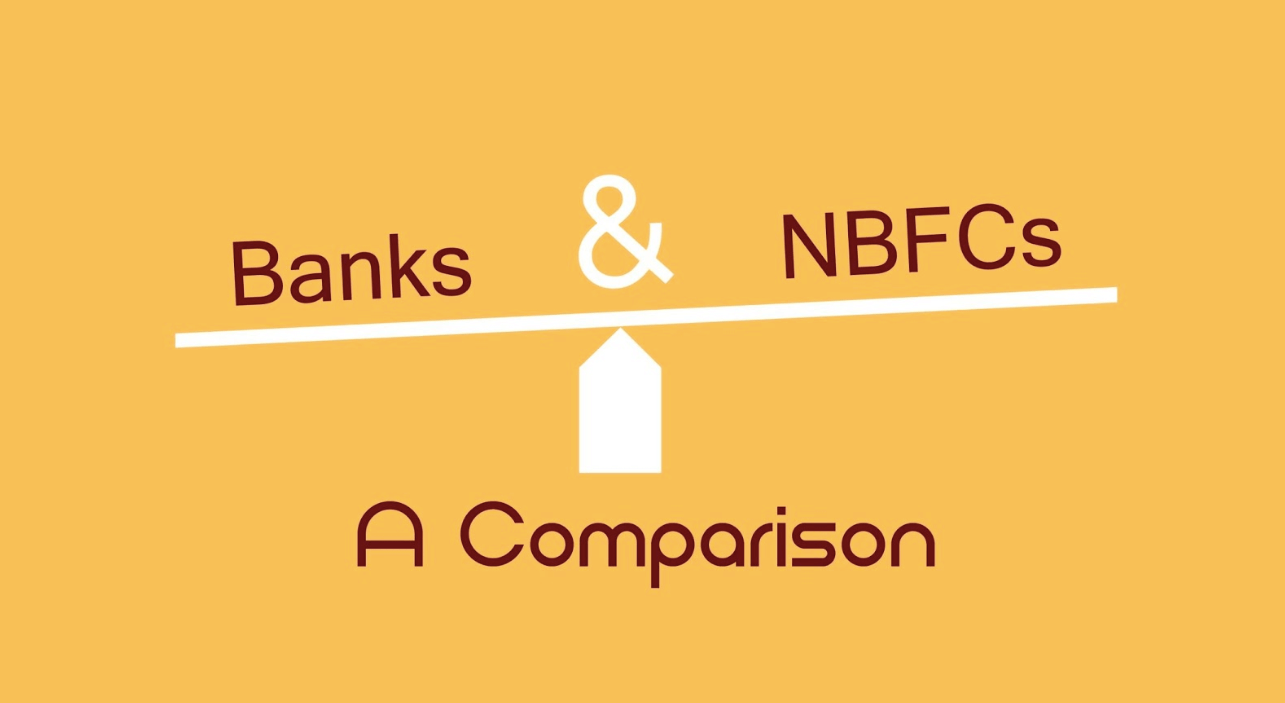Finance is the lifeblood of any business, and every business owner will have to delve deeper into possible funding tools at some point in their entrepreneurial journey. Debt and equity form two significant sources of fund-raising in the current economic scenario. In debt financing, you borrow money from a lender on the grounds of returning it within a predetermined period with interest. It is a conventional way of finding finance for businesses, and a majority of business owners still depend on loans for business in India.
On the other hand, equity financing is the process of raising funds by selling shares or providing a stake in the company. With the growth and acceptance of start-up culture in India, venture investment and private equity have become an asset class. Now investors are more enthusiastic about pumping money for setting up business ventures and scaling up operations while anticipating huge returns with the success of the project. Given the roadblocks of gaining a business loan in India, start-up entrepreneurs find private investors a feasible option now.
Choosing between private investors and a business loan needs critical evaluation. In this blog, we discuss the pros and cons of both – taking a business loan and raising funds from private investors.
Private investors
In simple terms, a private investor is any individual or firm that puts money in your business to support the venture financially and gain returns out of it. They invest money depending on the feasibility and potential of the business idea. Private investors can be classified into four categories for ease of understanding. They are:
- Friends/family – Often, small business owners depend on friends or family members to raise the seed funding that is much needed to set up the venture.
- Angel investors – It includes any affluent individual who financially backs small businesses/start-ups, in return of ownership equity in the venture. They mostly support businesses at its early stages hence are known as seed funders or seed investors.
- Venture capitalists – It is a category of private equity in which the investor becomes a financial partner in the business by buying shares of the company.
- Private equity – Equity firms mostly prefer investing in later-stage companies that have potential assets to leverage.
Business loan
A business loan is a loan that is disbursed to meet the economic needs of a business venture. It is a fairly standardized way of raising funds for businesses. With the increasing recognition of the significance of MSME in the economy, small business owners now have a plethora of options in getting loans for business in India.
Small business owners can raise funds via business loans from nationalized banking institutions as well as private NBFCs. Different loan types vary on the institution you apply for the loan. Various government schemes provide business loans at subsidized interest rates, while private players offer attractive options like quick approval and faster turnaround time.
Furthermore, the digital revolution has given rise to several fin-tech companies that offer loans to businesses in India. These tech-enabled platforms have automated the various processes involved in loan approval and disbursement, which makes it easier for small business owners to raise funds instantly.
Private investors Vs. Business loan: Which is a better option?
There are no eligibility criteria for raising funds from private investors. Money is invested based on the business prospects and personal trust between the investor and the borrower. They do not request any security collateral or assess your financial history.
When compared with a business loan, the major advantage of choosing private investors is that you don’t have to worry about repayments or interest immediately. In the case of the project making losses, you are never under the pressure of monthly repayments. It is considered as a loss for the investor, even if the company shuts down its operations. In most cases, the business owner has no obligation to repay the money.
On the flipside, fund-raising via private investors can be highly risky as they will have a share of profit in exchange for the investments made. There is a risk that they will eat up the lion’s share of the profits when the business becomes successful. You become accountable to the investors regarding various business decisions. Besides, investors may sometimes put unrealistic expectations on the project, which will be beyond your capabilities and projections and put you under pressure.
When you are opting for a business loan, you are neither giving away equities nor sharing the profits. The ownership of the company stays intact with the business owner, who gives business loans a significant advantage over private investors. You can utilize the funds on various business functions without any obligation to the lender. With the arrival of lending platforms, it has become far easier for entrepreneurs to get loans for business in India without security collateral.
However, financial institutions have an established way to determine your creditworthiness, which is a roadblock to business loan approval. It is difficult to raise large sums of money in the early stages of business through banks.
The bottom-line
Both equity financing and debt financing comes with a set of advantages and disadvantages, and the right choice depends on individual contexts. Getting loans for business in India is no longer a difficult task, provided you are not aiming for billions of money. It puts you at risk of default apart from monthly repayments and processing charges. By raising funds from private investors, you will have a smaller share in your company’s profits. Ideally, you should weigh the pros and cons of both your specific business needs and reach a better solution.
If you need a quick small business loan, Indifi is here to assist you! We offer customized and collateral-free loans at low-interest rates for MSME owners. Being a market leader among lending platforms, we assure you quick approval and fast disbursement of business loans.
To learn more about small business loans, get in touch with us!




